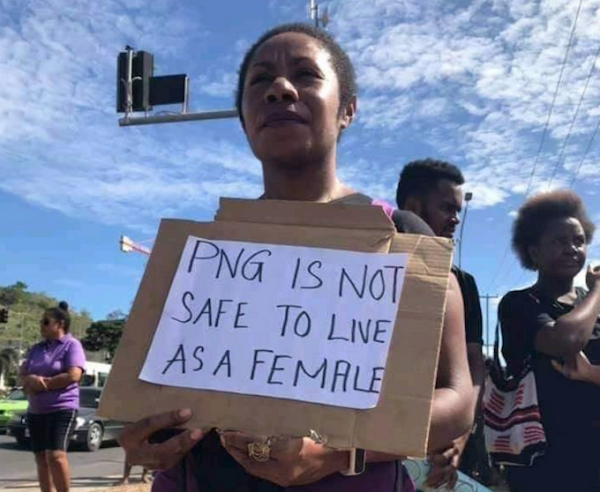sierra-barter.com – Papua New Guinea (PNG), with its diverse cultural and geographical landscape, faces significant challenges in maintaining law and order. The country’s unique socio-political environment, combined with economic constraints and historical factors, complicates the task of law enforcement in the region. Understanding these challenges is crucial for developing effective strategies to improve public safety and governance.
Geographical and Societal Challenges
Papua New Guinea’s rugged terrain and scattered population create logistical nightmares for law enforcement agencies. The majority of police forces are concentrated in urban centers such as Port Moresby and Lae, leaving rural areas inadequately policed. This disparity results in a lack of adequate law enforcement presence in many parts of the country, exacerbating issues such as tribal conflicts and local crime.
Institutional and Structural Issues
The law enforcement system in PNG is plagued by limited resources and infrastructure. Corruption and lack of accountability further undermine the effectiveness of policing efforts. The country’s police force is often criticized for its inadequate training and resources, leading to instances of excessive use of force and human rights violations.
Transnational and Organized Crime
PNG’s strategic location in the Pacific makes it vulnerable to transnational crime, including drug trafficking and human smuggling. Organized crime groups exploit weak border controls, exacerbating security challenges. These issues require coordinated regional and international efforts to effectively combat.
Social and Cultural Dynamics
Cultural factors, such as the prevalence of tribal affiliations and customary law, often conflict with formal legal systems. This duality can hinder the enforcement of national laws, as local communities may prioritize traditional conflict resolution methods over state-imposed regulations.
Gender-Based Violence
A significant challenge facing law enforcement in PNG is addressing gender-based violence. Despite legislative frameworks, enforcement is weak, and many women and children remain vulnerable to violence and exploitation. Increasing public awareness and strengthening legal protections are vital steps toward safeguarding these groups.
Conclusion
Addressing the law enforcement challenges in Papua New Guinea requires a multifaceted approach that considers the country’s unique geographical, cultural, and socio-economic context. Strengthening institutional frameworks, enhancing international cooperation, and fostering community engagement are essential to improving law enforcement effectiveness and ensuring public safety across the nation.
